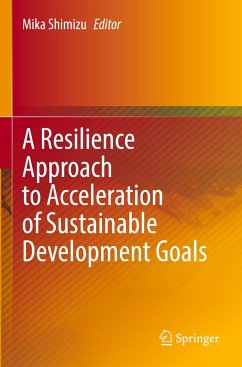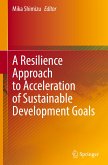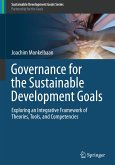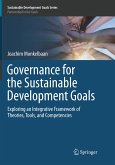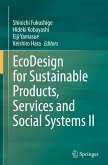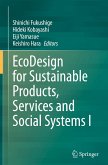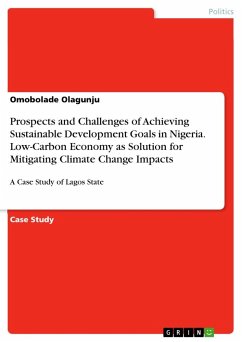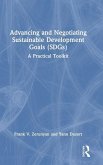This is the first book to articulate how to address interlinkages among sustainable development goals (SDGs), which are keys to implementing those goals by 2030. At the heart of the book is a resilience approach to the enabling relevant systems, practices, and education and research. While SDGs are well known at different levels from local to global spheres, a major gap can be seen between goals and approaches, as approaches are lacking for addressing interlinkages among SDGs. The United Nations General Assembly in 2015 acknowledged interlinkages as being of crucial importance in ensuring the purpose of the goals. However, few actual approaches have been specified to address the interlinkages or interconnections at both the policy and practical levels. Thus, it is urgent to face the question of how to address the interlinkages by stakeholders-not only policy communities and researchers but also practitioners and students, especially innovators who can go beyond existing boundaries. By highlighting that challenge, this book lays out a path for addressing interlinkages among SDGs by applying a resilience approach to the issues of a sustainable society. The resilience approach has been developed from combinations of different modes of thinking and practices, including the systems approach, systems and design thinking, and resilience thinking and practices. Based on this overarching approach, innovators seek out the relevance of that approach to their SDGs-related practices at the system, local, and educational levels. The book therefore serves as a guide to how the resilience approach can contribute to accelerating implementation of SDGs by 2030.
Bitte wählen Sie Ihr Anliegen aus.
Rechnungen
Retourenschein anfordern
Bestellstatus
Storno

